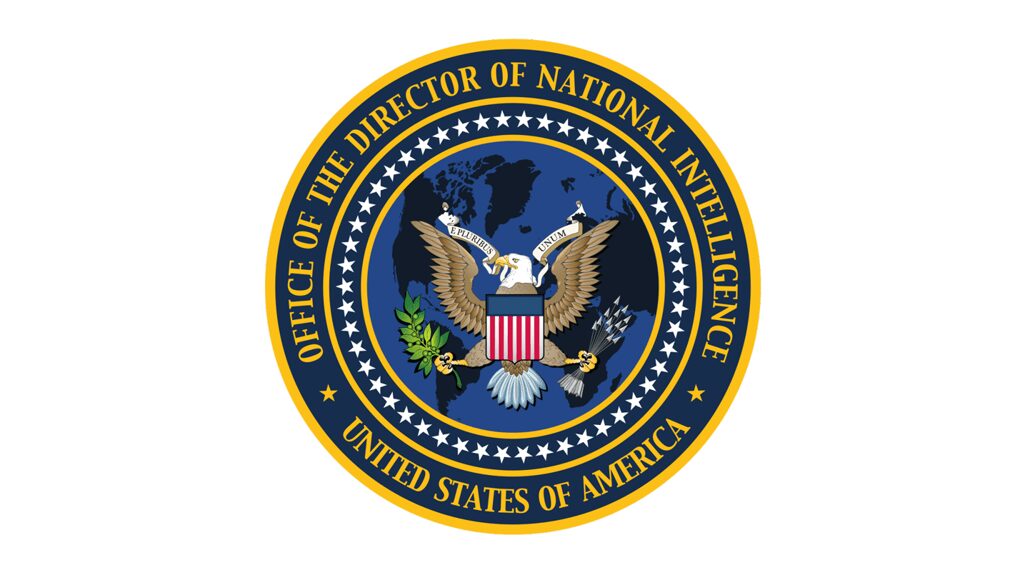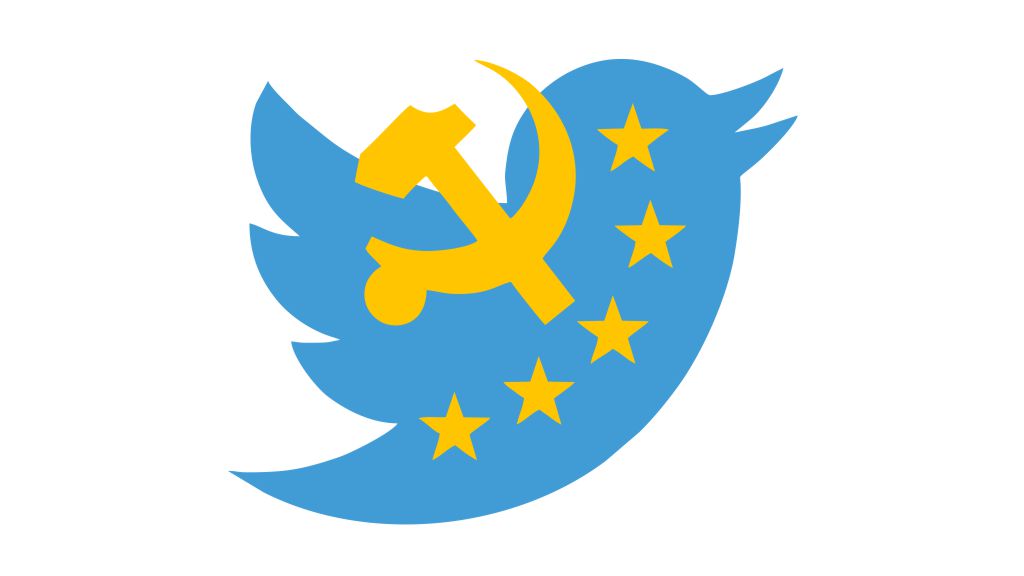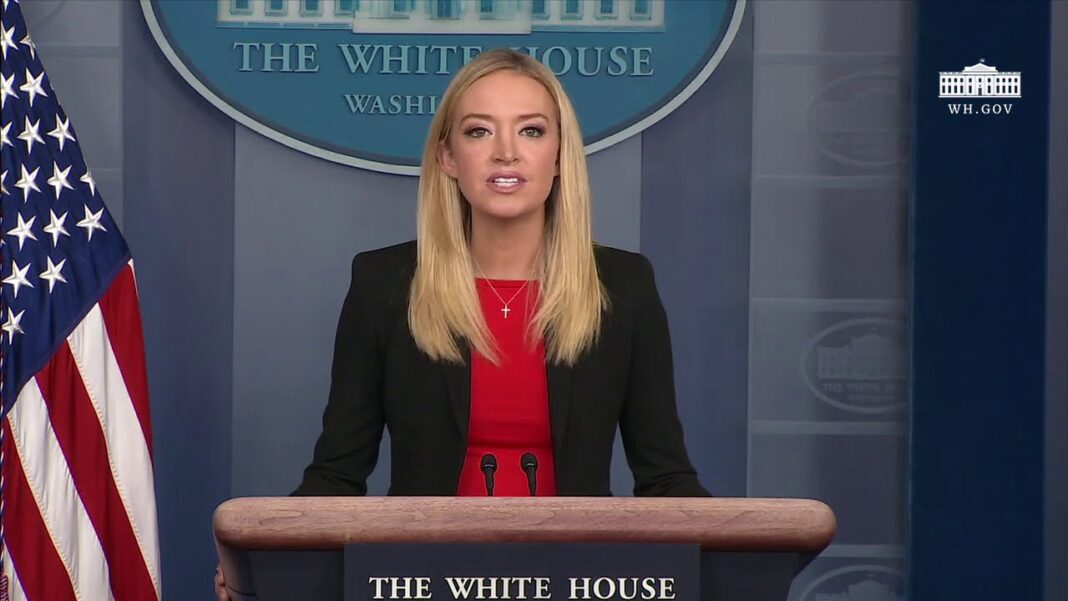DIRECTOR OF NATIONAL INTELLIGENCE
WASHINGTON, DC
SUBJECT: Views on Intelligence Community Election Security Analysis
REFERENCE: Intelligence Community Assessment: Foreign Threats to the 2020 U.S. Elections
From my unique vantage point as the individual who consumes all of the U.S. government’s most sensitive intelligence on the People’s Republic of China, I do not believe the majority view expressed by Intelligence Community (IC) analysts fully and accurately reflects the scope of the Chinese government’s efforts to influence the 2020 U.S. federal elections.
The IC’s Analytic Ombudsman issued a report, which I will reference several times below, that includes concerning revelations about the politicization of China election influence reporting and of undue pressure being brought to bear on analysts who offered an alternative view based on the intelligence. The Ombudsman’s report, which is being transmitted to Congress concurrently with this Intelligence Community Assessment (ICA), also delves into a wider range of election security intelligence issues that I will not focus on here. However, the specific issues outlined below with regard to China reporting arc illustrative of broader concerns. It is important for all IC leaders to foster a culture within the Community that encourages dissenting views that arc supported by the intelligence. Therefore, I believe it is incumbent upon me in my role as the Director of National Intelligence to lead by example and offer my analytic assessment, alongside the majority and minority views. This letter was prepared in consultation with the Ombudsman to ensure that I am accurately articulating his findings and presenting them in their proper context.
The majority view expressed in this ICA with regard to China’s actions to influence the election fall short of the mark for several specific reasons.
Analytic Standard B requires the IC to maintain “independence of political considerations.” This is particularly important during times when the country is, as the Ombudsman wrote, “in a hyper partisan state.” However, the Ombudsman found that:
“China analysts were hesitant to assess Chinese actions as undue influence or interference. These analysts appeared reluctant to have their analysis on China brought forward because they tend to disagree with the administration’s policies, saying in effect, I don’t want our intelligence used to support those policies. This behavior would constitute a violation of Analytic Standard B Independence of Political Considerations (IRTPA Section 1019).”
Furthermore, alternative viewpoints on China’s election influence efforts have not been appropriately tolerated, much less encouraged. In fact, the Ombudsman found that:
SUBJECT: Views on Intelligence Community Election Security Analysis
“There were strong efforts to suppress analysis of alternatives (AOA) in the August [National intelligence Council Assessment on foreign election influence], and associated IC products, which is a violation of Tradecraft Standard 4 and IRTPA Section 1017. National Intelligence Council (NIC) officials reported that Central Intelligence Agency (CIA) officials rejected NIC coordination comments and tried to downplay alternative analyses in their own production during the drafting of the NICA.”
Additionally, the Ombudsman found that CIA Management took actions “pressuring [analysts] to withdraw their support” from the alternative viewpoint on China “in an attempt to suppress it. This was seen by National Intelligence Officers (N10) es politicization,” and I agree. For example, this ICA gives the false impression that the NIO Cyber is the only analyst who holds the minority view on China. He is not, a fact that the Ombudsman found during his research and interviews with stakeholders. Placing the NIO Cyber on a metaphorical island by attaching his name alone to the minority view is a testament to both his courage and to the effectiveness of the institutional pressures that have been brought to bear on others who agree with him.
Intelligence Reform and Terrorism Prevention Act (IRTPA) Analytic Standard D requires that coordinated analytic products be “based on all available sources of intelligence.” However, because of the highly compartmented nature of some of the relevant intelligence, some analysts’ judgements reflected in the majority view are not based on the full body of reporting. Therefore the majority view falls short of IRTPA Analytic Standard D.
Tradecraft Standard 1 requires the analytic community to be consistent in the definitions applied to certain terminology, and to ensure that the definitions are properly explained. Having consumed election influence intelligence across various analytic communities, it is clear to me that different groups of analysts who focus on election threats from different countries are using different terminology to communicate the same malign actions. Specifically, definitional use of the terms “influence” and “interference” are different between the China and Russia analytic communities. The Analytic Ombudsman found that:
“Terms were applied inconsistently across the analytic community… Given analytic differences in the way Russia and China analysts examined their targets, China analysts appeared hesitant to assess Chinese actions as undue influence or interference.”
Asa result, similar actions by Russia and China are assessed and communicated to policymakers differently, potentially leading to the false impression that Russia sought to influence the election but China did not. This is inconsistent with Tradecraft Standard 1.
In the Ombudsman’s report, he accurately acknowledged my commitment “to provide an independent avenue for analysts to pursue unbiased analysis.” My approach here is not without precedent. In 1962, a National Intelligence Estimate stated that the Soviet Union was unlikely to place missiles in Cuba. Then-CIA Director John McCone forcefully disagreed with the analysts, and later ordered the U-2 reconnaissance flights that discovered that missiles had in fact been deployed.
In that same spirit, I am adding my voice in support of the stated minority view — based on all available sources of intelligence, with definitions consistently applied, and reached independent of political considerations or undue pressure — that the People’s Republic of China sought to influence the 2020 U.S. federal elections, and raising the need for the Intelligence Community to address the underlying issues with China reporting outlined above.
John Ratcliff
January 7, 2021







